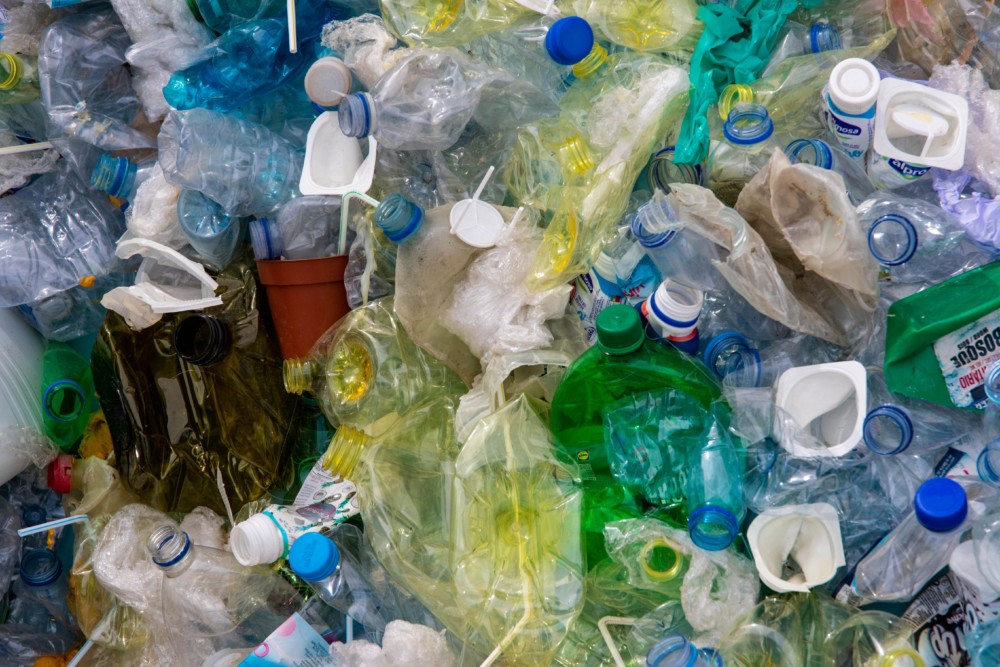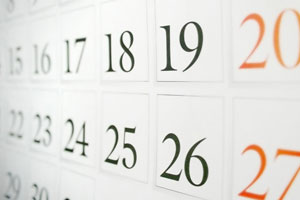Love your Mother (Earth): Recycling and Waste Management
As we all know, recycling is an important part of how we choose to dispose of our waste. There are a lot of benefits to it, which includes reducing the amount of waste sent to landfills, reducing the amount of raw materials extracted from the Earth which in turn decreases water and air pollution, and conserving natural resources. Landfills are not a sustainable way to get rid of materials since according to ecocycle.com, 90 percent of what we throw away could be diverted through reuse, recycling, or composting. Landfills also post the hazard of having their liners leak and have toxic materials leach into the ground and contaminate soil and groundwater. With landfills not leading to a sustainable future, it would seem more common to place a priority on recycling and composting.
Each community has different rules when it comes to recycling and the Fox Cities is lucky enough to have Outagamie County Recycling & Solid Waste. This is a single-stream facility that services Outagamie, Winnebago and Calumet Counties. I was able to speak with this facility and figure out how they operate, what rules differentiate them from other communities, and their thoughts on recycling and waste management.
I spoke with Alex Nett, recycling and solid waste coordinator, and she mentions how most recycling facilities in Wisconsin are single-stream except for one in the north that is dual-stream. Single-stream means that residents can mix paper products, plastics and metals in one container versus dual-stream where paper products have to be placed in a separate bin from everything else.
Nett mentions that without a single-stream, people will be less likely to recycle. With their single-stream system though, they receive more tonnage and contamination. Some of the increased tonnage comes from what they call “wish-cycling.” People place things in their bins without knowing whether or not they’re recyclable. The facility’s general rule is “When in doubt, throw it out.” This makes it easier to eliminate some of the contamination and makes it easier for sorting.
In addition to wish-cycling, Nett mentions that another big problem all facilities are dealing with are plastic bags. Some residents might put their recyclables in a plastic bag before placing it in the bin, but that is not the correct way to do it. Plastic bags are not recyclable and cause issues for the facility by getting caught in their equipment. This rule about plastic bags is pretty consistent throughout other facilities in Wisconsin.
On the discussion of plastic bags, it’s important to remember the rule “reduce, reuse, recycle.” The first step in waste management, is trying to reduce the amount that you use in the first place. Plastic bags are generally used one time before being thrown out. This one time usage adds to our growing plastic pollution that is seen globally. Single-use plastic has become an addicting habit around the world and according to unenvironment.org,
“One million plastic drinking bottles are purchased every minute, while up to five trillion single-use plastic bags are used worldwide every year.”

More than 99 percent of plastic is produced with chemicals that are derived from non-renewable sources such as oil, gas and coal. If our rate of plastic production continues to grow, the plastic industry could account for 20 percent of the world’s oil consumption by 2050 (unenvironment.org). For the majority of plastic being single-use, it’s sad to think that our world’s resources are taken for a product that will be used once but will last forever.
A lot of these single-use plastics are not recycled and are not managed properly. Unenvironment.org also states that 60 percent of these plastics either end up in a landfill or in the natural environment. As cited earlier, landfills are not a sustainable practice, with many materials there that could be diverted. As for the plastics that end up in the natural environment, there are detrimental effects for the wildlife.
Our oceans have approximately 150 million tons of plastic in them and get an additional 8 million tons every year (oceanconservancy.org). This plastic often gets ingested by marine wildlife as they mistake it for food or they get trapped inside plastic bags, netting and containers and cannot make their way out.
For all these problems that plastic has created, it’s important to limit our own usage of it and create a lifestyle that is more sustainable for the environment. It’s easy to switch out plastic for something that is more durable and eco-friendly. As some examples, use reusable shopping bags, not using plastic straws, avoid items at the grocery store with excessive plastic packaging, using a reusable water bottle, bringing reusable cups to coffee shops, etc.
All of these solutions are ways we can clean up our own lives and make waste management a little easier on facilities like our Outagamie one, by decreasing the tonnage they receive. With every person who changes their personal lifestyle, we can decrease the amount of waste entering the natural environment, extract less raw materials from the Earth, and decrease the tonnage going into landfills. From there, we can put more focus on cleaning up the existing environment and finding sustainable solutions to everyday practices.
I love incorporating sustainability with everything that I do. It’s fun discovering new ways that I can be a better person for the Earth. An anonymous quote I have discovered says, “Ask not what Earth can do for you, but what you can do for Earth.”










Leave a Comment